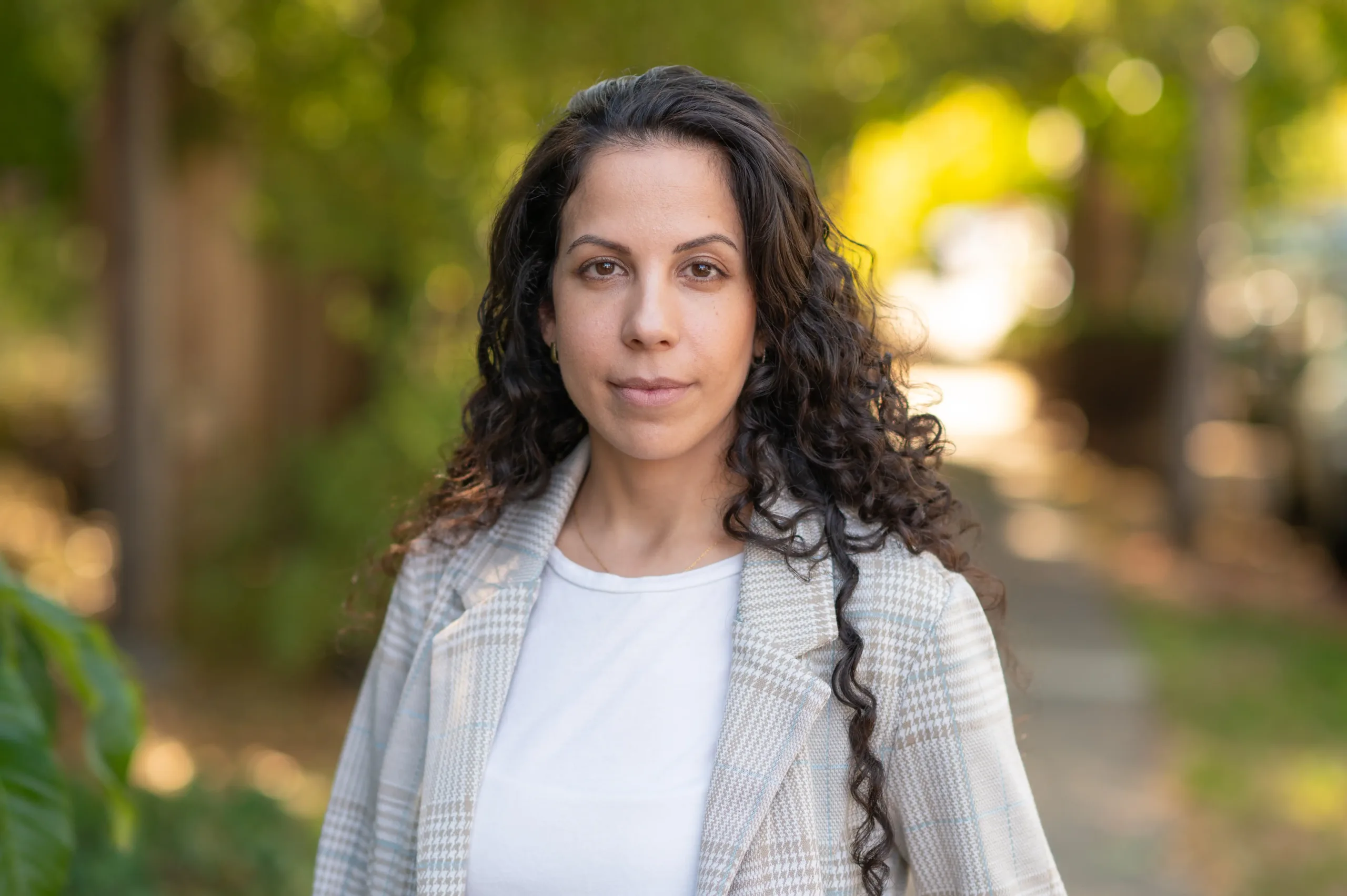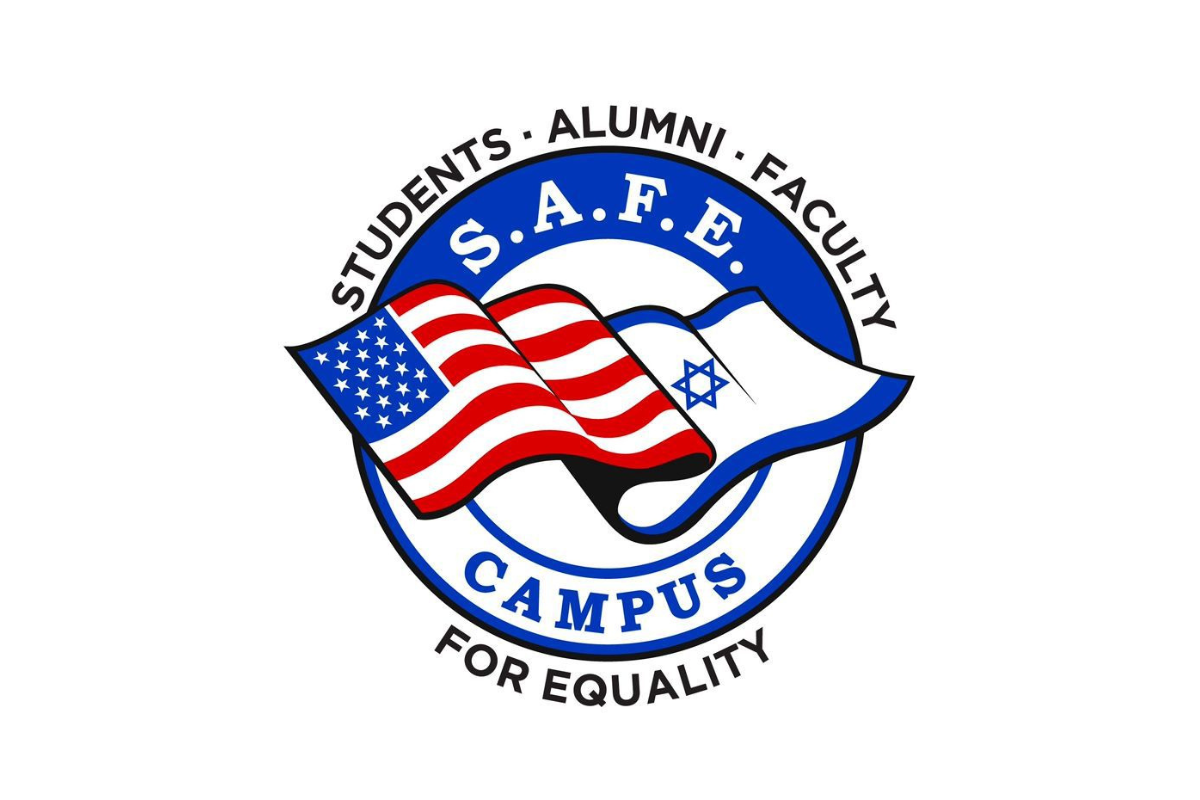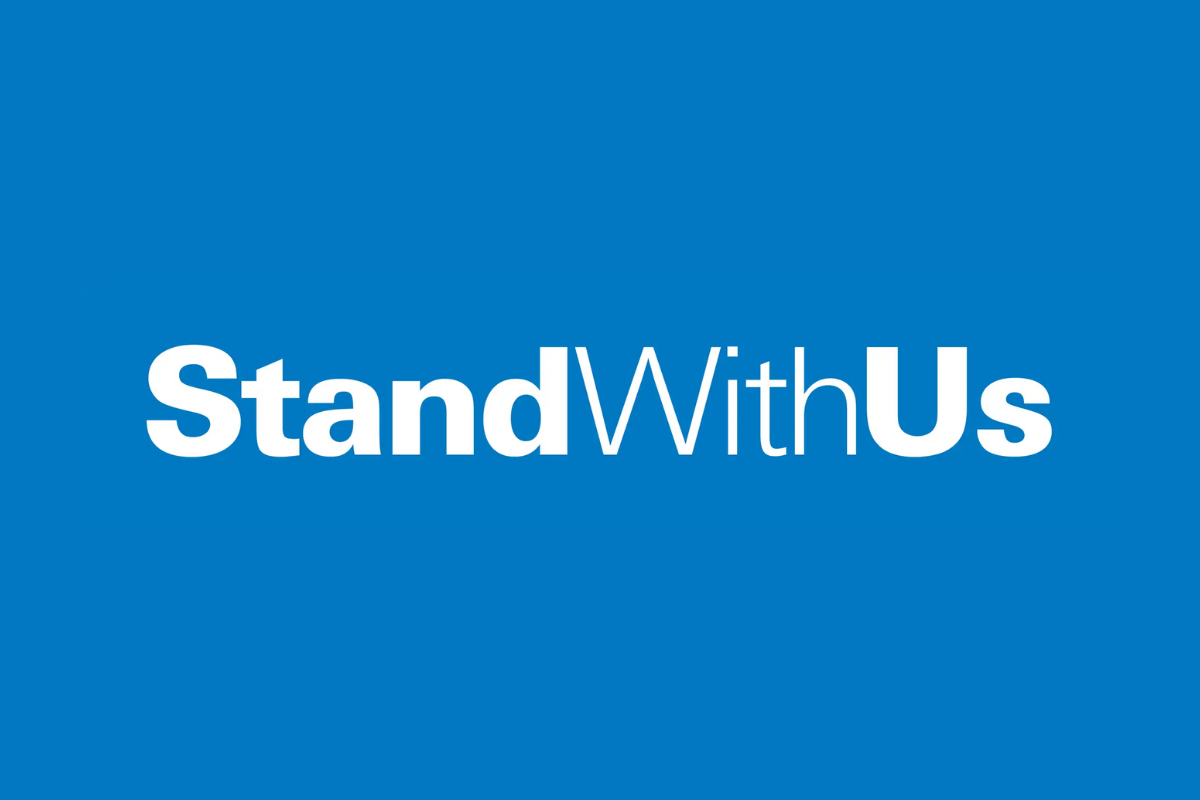The Union Anti-Semitism Monitor
News and opinion about allegations of anti-Semitic discrimination and anti-Israel activism within unions.
Note: The content of this page does not solely reflect lawsuits filed by clients of the Fairness Center, and the opinions expressed in linked articles do not necessarily reflect the views of the Fairness Center.
Featured
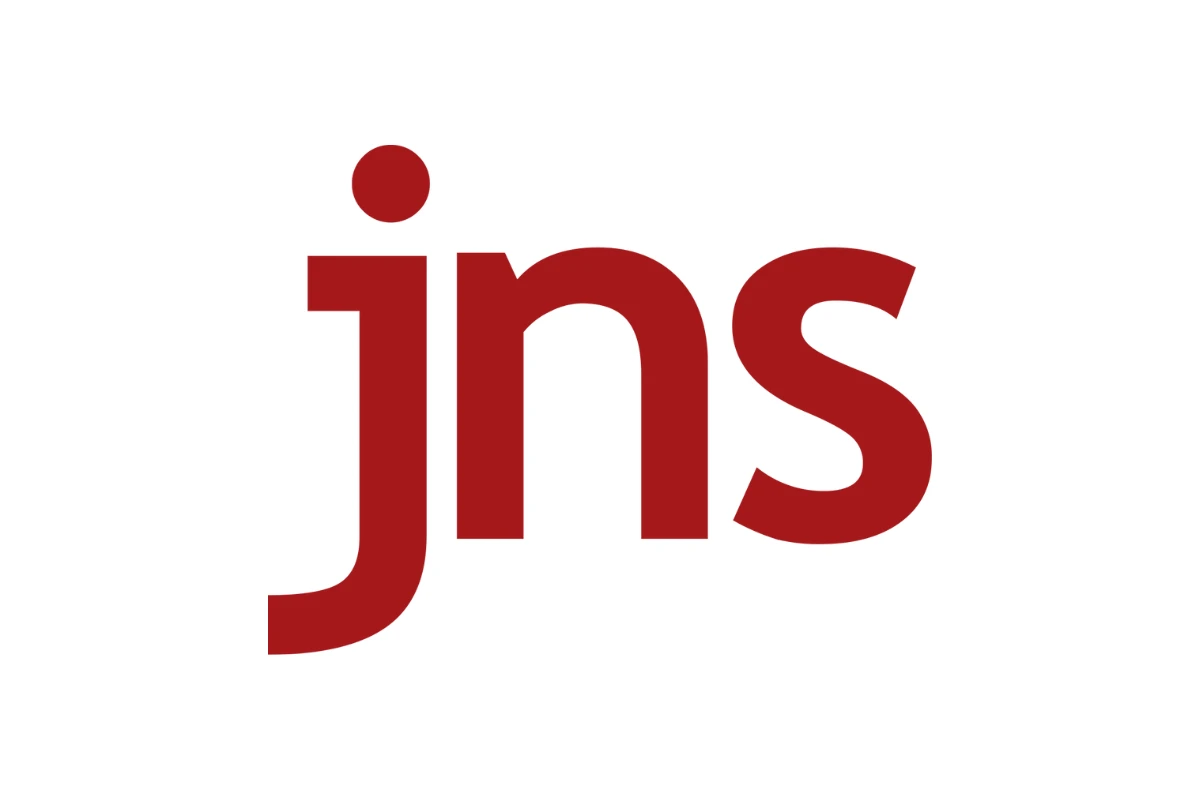
Jewish doctors, patients, teachers and students face rising hostility
Jewish News Syndicate
“When union leaders and members elevate political demands unrelated to the workplace, representation gives way to enforcement. . . This shift undermines the core purpose of collective bargaining and leaves unions vulnerable to legal challenge, internal fracture and loss of legitimacy among the workers they claim to represent.”

Beyond the assembly line: UAW emerges as key player in anti-Israel activism
Jewish Insider
“A number of labor unions have seen a rise of antisemitism and anti-Israel activity since the Oct. 7, 2023, Hamas terrorist attacks. . . Multiple groups have now taken legal action against UAW branches in response to certain campaigns, which some legal experts allege were discriminatory against Israelis and Jews.”

Largest U.S. union accused of ignoring Jewish concerns during Holocaust education event
Jewish News Syndicate
“‘Becky Pringle ignored the concerns of Jewish NEA members and used a webinar meant to commemorate International Holocaust Remembrance Day to instead make links to events in Minnesota and call for activism,’ Hackner said.”

Over 60% of US Jewish educators reportedly experience antisemitism—including from teachers unions
New York Post
“The survey of 584 teachers in K-12 public schools and non-Jewish private schools across the country found that 61.6% of respondents experienced or witnessed antisemitism in a professional setting, while 45.5% said the vile hate came from their unions, according to the study published by StandWithUs.”
News of Union Anti-Semitism
News
Opinion
Our Clients
Israeli UC Berkeley Postdoc Sues Union for ‘Anti-Semitic’ Discrimination
Yaniv v. UAW 4811
Karin Yaniv, an Israeli postdoc at UC Berkeley, alleges that her campus union has created an atmosphere of pervasive hostility and relentless abuse targeting Israeli Jews it represents. Her civil rights lawsuit seeks to end the union’s anti-Semitic discrimination against her and to hold union officials accountable for the hostile work environment they have fostered on campus.

Professors Seek Freedom from ‘Anti-Semitic’ Union’s Representation
Goldstein v. PSC/CUNY
Avraham Goldstein and five other City University of New York professors were outraged when their union issued a resolution they viewed as “anti-Israel” and “anti-Semitic.” Though these professors are no longer union members, New York law forces them to still accept the union’s representation.
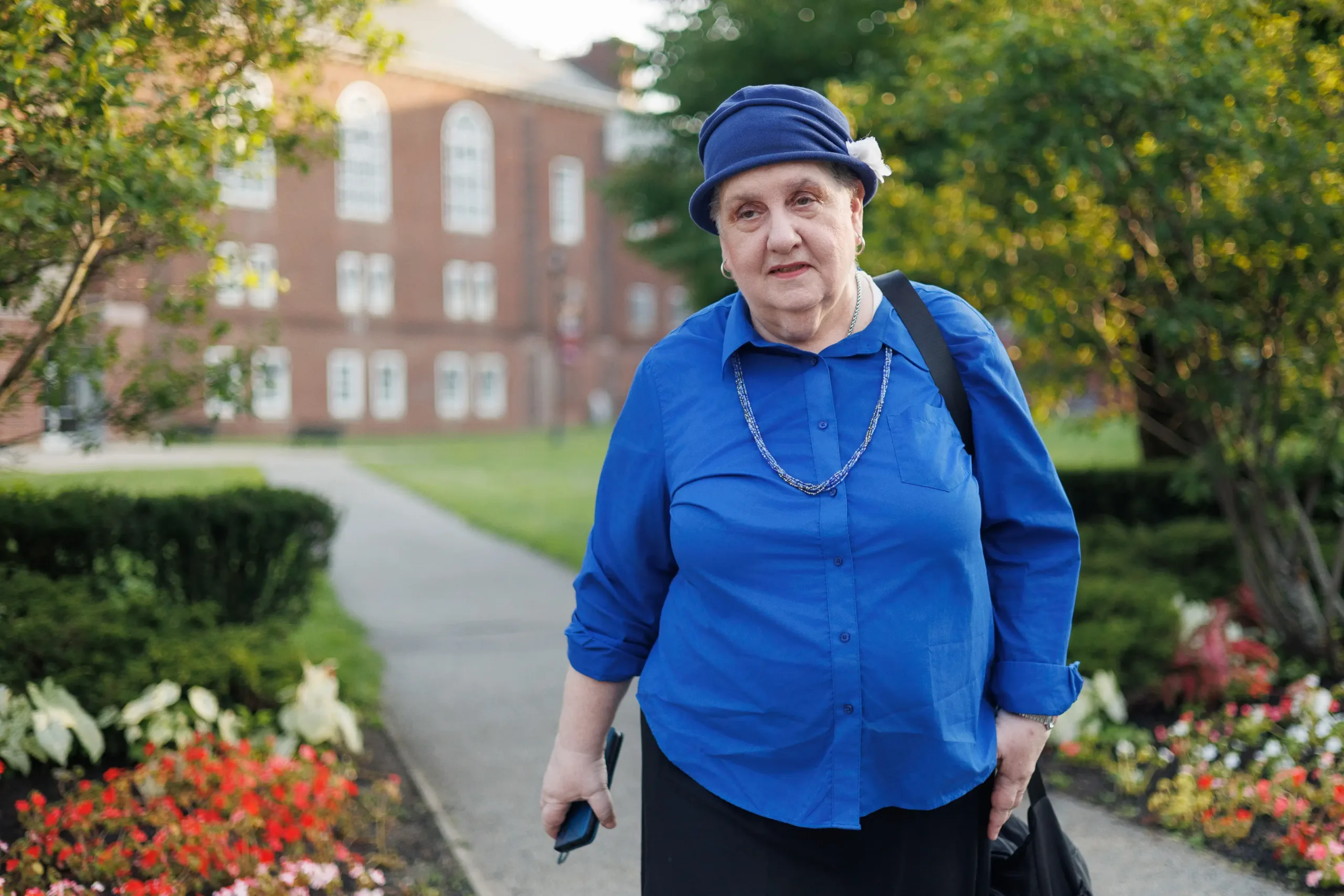
Client Question & Answer With CUNY Professor Frimette Kass-Shraibman
Goldstein v. PSC/CUNY
Frimette Kass-Shraibman is an accounting professor at the City University of New York. She is also a Zionist Jew and was one of the six professors who sued their faculty union in Goldstein v. PSC/CUNY. The Fairness Center interviewed Frimette about her lawsuit and the anti-Semitism she has faced on CUNY campuses. Read her Q&A here.
Frequently Asked Questions
If you are a public employee who is not a union member, you have a constitutional right not to pay fees to a union, according to the Supreme Court’s Janus v. AFSCME decision in 2018.
Some courts have said that employees who were union members but who later resigned from the union had to continue paying union dues for a period of time in some circumstances. One example is if the employee had signed a membership card or application containing certain language.
We have successfully represented clients who were told they had to pay the union when they did not want to. However, the facts and circumstances of each situation vary, and our ability to offer representation may depend on the relevant legal jurisdiction.
NOTE: If you have questions about this topic, or think you have a legal issue, consider contacting a lawyer. Fairness Center lawyers represent clients for free and can be reached here or at 844.293.1001. We strongly encourage you to pursue with haste any legal claim you believe you may have, as the mere passage of time may prevent you from exercising possible legal claims.
Unions owe a duty of fair representation to all the employees in a bargaining unit they represent, whether they are union members or not. The U.S. Supreme Court has said that the duty is breached when a union’s actions toward an employee it represents are “arbitrary, discriminatory, or in bad faith.” Vaca v. Sipes, 386 U.S. 171, 190 (1967).
Many jurisdictions follow that standard, but the exact details of what the duty requires may vary by jurisdiction and circumstances. Some states permit unions not to represent nonmembers in “individualized” grievances. Also, some states allow nonmembers to represent themselves in grievances, at least in the first stages.
The Fairness Center has represented clients, like Connecticut teacher John Grande, who alleged that their union violated the duty of fair representation because they were not union members or because union officials misrepresented important information during collective bargaining, as was the case with Pennsylvania employee Mark Kiddo and his colleagues.
NOTE: If you have questions about this topic, or think you have a legal issue, consider contacting a lawyer. Fairness Center lawyers represent clients for free and can be reached here or at 844.293.1001. We strongly encourage you to pursue with haste any legal claim you believe you may have, as the mere passage of time may prevent you from exercising possible legal claims.
Unions owe a duty of fair representation to all the employees in a bargaining unit they represent, whether they are union members or not. The U.S. Supreme Court has said that the duty is breached when a union’s actions toward an employee it represents are “arbitrary, discriminatory, or in bad faith.” Vaca v. Sipes, 386 U.S. 171, 190 (1967).
Many jurisdictions follow that standard, but the exact details of what the duty requires may vary by jurisdiction and circumstances.
The Fairness Center has represented clients, like Connecticut teacher John Grande, who have alleged that their union violated the duty of fair representation because they were not union members or because union officials misrepresented important information during collective bargaining, as was the case with Pennsylvania employee Mark Kiddo and his colleagues.
NOTE: If you have questions about this topic, or think you have a legal issue, consider contacting a lawyer. Fairness Center lawyers represent clients for free and can be reached here or at 844.293.1001. We strongly encourage you to pursue with haste any legal claim you believe you may have, as the mere passage of time may prevent you from exercising possible legal claims.
The Fairness Center currently offers free legal representation in Pennsylvania, New York, Connecticut, Colorado, New Jersey and to federal employees, and may soon be expanding to other areas. The Fairness Center has represented clients involved in disputes with unions, including:
- American Federation of Government Employees (AFGE),
- American Federation of State, County and Municipal Employees (AFSCME),
- American Federation of Teachers (AFT),
- International Brotherhood of Electrical Workers (IBEW),
- International Brotherhood of Teamsters (Teamsters),
- Law Enforcement Employees Benevolent Association (LEEBA),
- National Education Association (NEA),
- National Treasury Employees Union (NTEU),
- New York State United Teachers (NYSUT),
- Pennsylvania State Corrections Officers Association (PSCOA),
- Pennsylvania State Education Association (PSEA),
- Service Employees International Union (SEIU),
- Transportation Workers Union of America (TWU),
- United Food and Commercial Workers (UFCW),
- UNITE Here, and more.
NOTE: If you have questions about this topic, or think you have a legal issue, consider contacting a lawyer. Fairness Center lawyers represent clients for free and can be reached here or at 844.293.1001. We strongly encourage you to pursue with haste any legal claim you believe you may have, as the mere passage of time may prevent you from exercising possible legal claims.
Title VII of the federal Civil Rights Act of 1964 makes it unlawful for a “labor organization” to “exclude or to expel from its membership, or otherwise to discriminate against any individual because of his race, color, religion, sex, or national origin . . . .” 42 U.S.C. § 2000e-2(c)(1). Some states have laws with similar provisions as well. The Fairness Center has represented clients who believed that a union had discriminated against them on an unlawful basis.
NOTE: If you have questions about this topic, or think you have a legal issue, consider contacting a lawyer. Fairness Center lawyers represent clients for free and can be reached here or at 844.293.1001. We strongly encourage you to pursue with haste any legal claim you believe you may have, as the mere passage of time may prevent you from exercising possible legal claims.
Other Resources
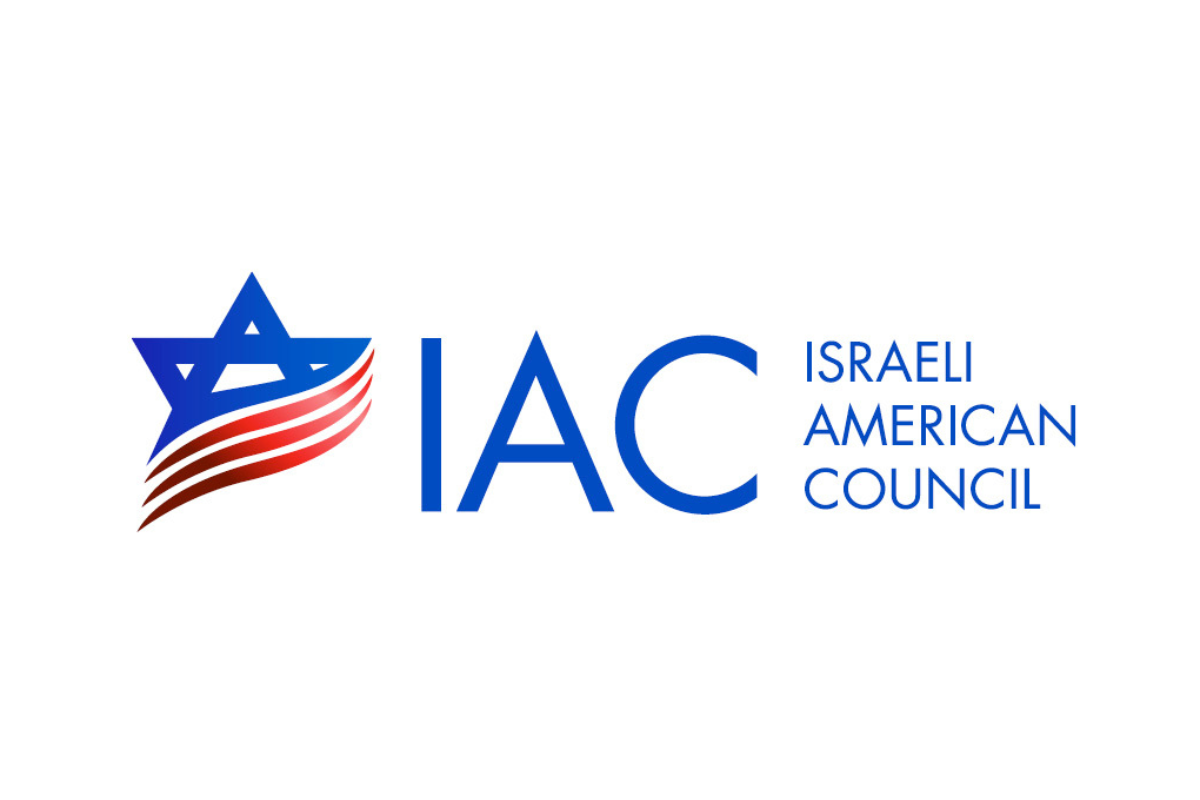
“The mission of the Israeli-American Council (IAC) is to build an engaged and united Israeli-American community that strengthens the Israeli and Jewish identity of our next generation, the American Jewish community, and the bond between the peoples of the United States and the State of Israel.” Visit IAC.
“S.A.F.E. Campus is a nonprofit and non-partisan grassroots advocacy organization dedicated to combating the systemic exclusion and discrimination faced by Zionist and Jewish students, alumni, and faculty on American college campuses.” Visit S.A.F.E. Campus.
“StandWithUs is an international, non-partisan education organization that supports Israel and fights anti-Semitism. StandWithUs empowers and energizes students and communities with leadership training and educational programs on hundreds of college campuses, high schools, and middle schools.” Visit StandWithUs.
